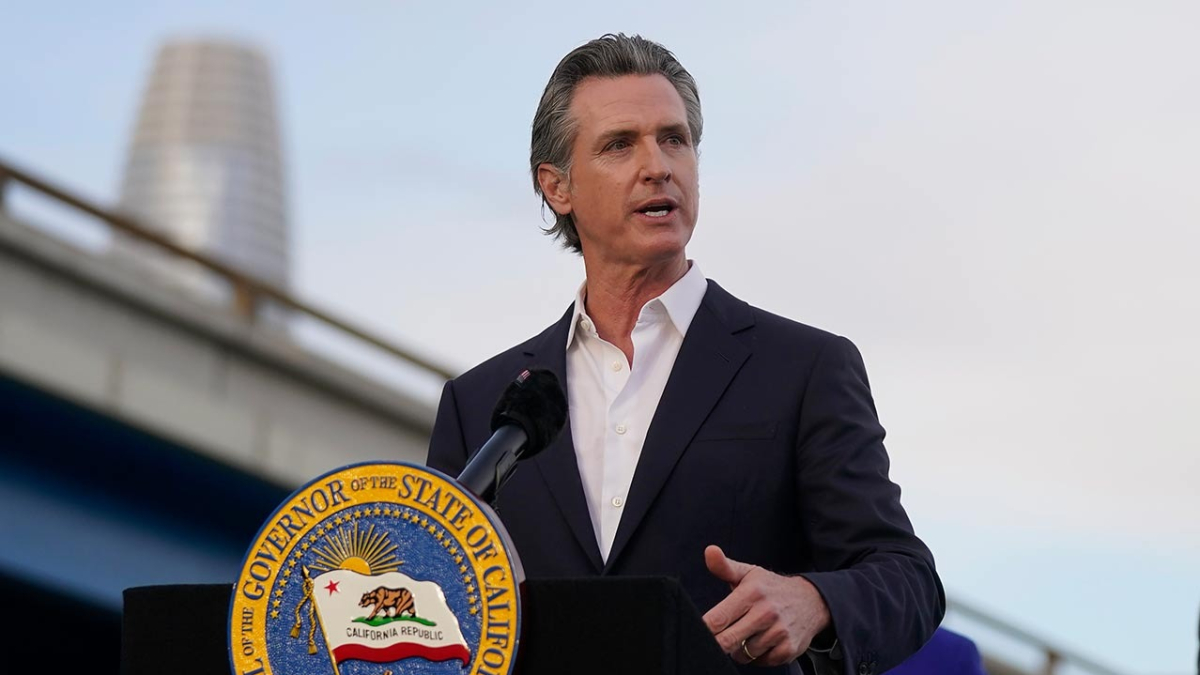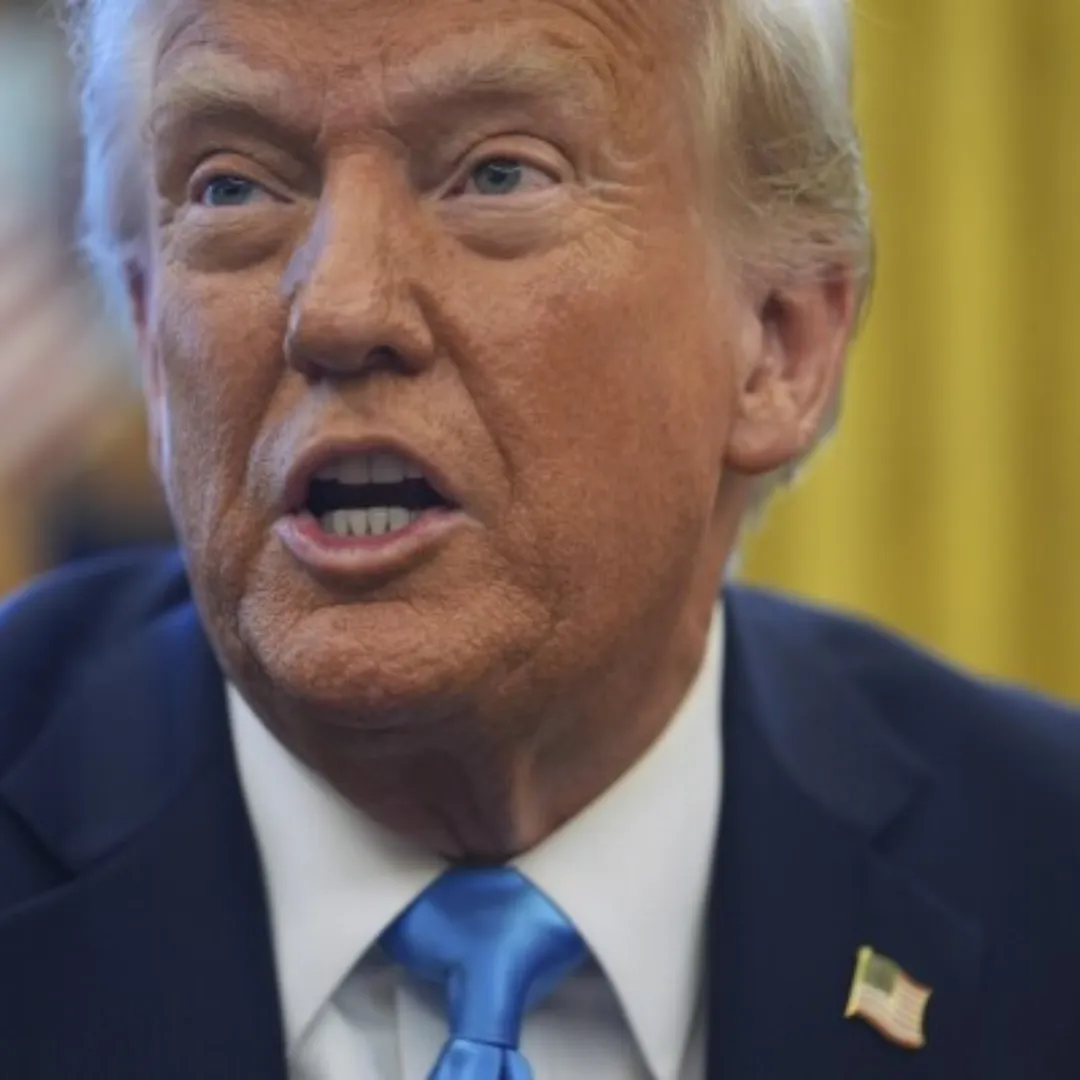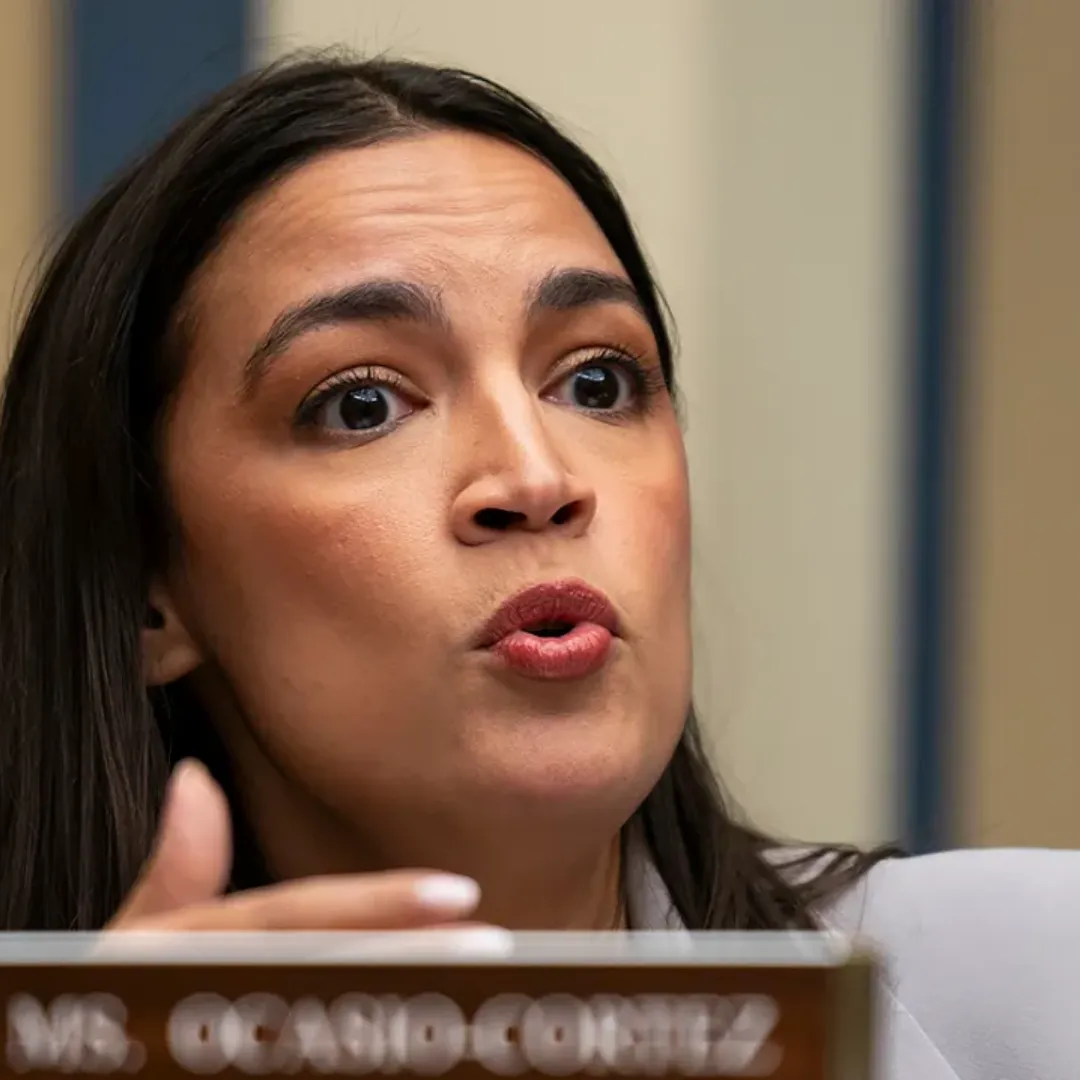
California has officially become the world’s fourth-largest economy, surpassing Japan and joining the ranks of the United States, China, and Germany, according to new data from the International Monetary Fund (IMF) and the U.S. Bureau of Economic Analysis (BEA).
Governor Gavin Newsom’s office announced the milestone this week, marking a significant achievement for the Golden State’s economy, which continues to thrive due to strategic investments and a focus on innovation and sustainability.
“California isn’t just keeping pace with the world — we’re setting the pace,” Newsom declared on Wednesday. “Our economy is thriving because we invest in people, prioritize sustainability, and believe in the power of innovation.”
These remarks reflect the governor’s ongoing optimism about the state’s economic future, despite challenges from both domestic and international forces.
For years, California had ranked fifth among the world’s largest economies. However, in 2024, the state’s nominal gross domestic product (GDP) reached an impressive $4.1 trillion, surpassing Japan’s GDP of $4.02 trillion during the same period.
This growth has propelled California to its new position, firmly ahead of Japan but still trailing behind the full U.S. economy, China, and Germany, the three largest global economies.
The BEA’s preliminary data for 2024 also highlights that within the United States, California remains the undisputed leader in economic output. Texas follows with a GDP of $2.7 trillion, while New York holds third place at $2.3 trillion.
These figures underscore California’s critical role not only within the U.S. but also on the world stage, where it contributes significantly to global trade, technology, and innovation.
Despite the celebration of California’s economic success, Governor Newsom did not shy away from addressing the potential threats to the state’s standing as an economic powerhouse. In particular, he pointed to President Trump’s controversial tariff policies, which he believes could jeopardize the state’s position and overall economic health.
“While we celebrate this success, we recognize that our progress is threatened by the reckless tariff policies of the current federal administration,” Newsom said in his statement. “California’s economy powers the nation, and it must be protected.”
The governor’s comments reflect his growing concerns over the long-term consequences of the tariffs, which have already sparked trade disputes and economic disruptions in several sectors.
In addition to the direct impact of tariffs, Newsom has also voiced concerns over the broader implications of Trump’s policies on California’s key industries, particularly in technology and manufacturing. As the home to Silicon Valley and some of the world’s most influential tech companies, California’s economy is highly dependent on global trade and intellectual property rights.
The governor has repeatedly emphasized that the state’s economic future hinges on maintaining strong international relationships and protecting its technological edge in an increasingly competitive global market.
The Trump administration’s tariff hikes have been a contentious issue since their implementation, with critics arguing that they have hurt American businesses by driving up costs and disrupting supply chains.
California, with its reliance on international trade and innovation, has been particularly vulnerable to these disruptions. The governor’s comments echo the concerns of many in the state who fear that the tariffs will harm its ability to compete globally.
A White House spokesperson responded to Newsom’s concerns by suggesting that California’s economic progress is being hindered not just by tariffs, but by other challenges.
The spokesperson pointed to foreign countries allegedly stealing intellectual property from California’s leading technology firms, poor disaster management that has allowed wildfires to devastate the state, and the ongoing crisis of illegal drugs and violent crime affecting many of California’s communities.
The spokesperson’s remarks reflect a broader critique of the state’s leadership, which has been a frequent point of contention between Newsom and the Trump administration.
“Under the Trump administration, California has the potential to reach new heights — if the state’s leadership wouldn’t stand in the way,” the White House spokesperson added, emphasizing the administration’s belief that California’s leadership is an obstacle to the state’s economic growth.
This response highlights the ongoing tension between Newsom and the federal government, with both sides accusing each other of failing to properly address the issues facing the state.
Newsom, who has been serving as governor for multiple terms and is unable to run for re-election next year due to term limits, has long been a vocal critic of Trump’s policies, particularly in regard to trade and climate issues.
Last week, Newsom took a significant step in his ongoing battle against the federal government by filing a lawsuit challenging Trump’s tariff policies on behalf of California. The lawsuit argues that the tariffs disproportionately impact the state’s economy, particularly in industries such as agriculture, technology, and manufacturing.
The legal action underscores the escalating tensions between the state and the federal government, with Newsom positioning himself as a key figure in the fight against what he sees as harmful policies coming from Washington.
While the lawsuit is still in its early stages, it serves as a reminder that the political battle over tariffs and trade policy is far from over and that California will continue to push back against federal actions it deems detrimental to its economy.

The governor’s comments and the lawsuit come at a time when California’s economy is facing other challenges as well. Despite the state’s impressive GDP growth, many Californians continue to struggle with rising housing costs, income inequality, and homelessness.
These issues, which have been exacerbated by the pandemic, are likely to remain at the forefront of Newsom’s agenda in the coming months. As the state moves forward into 2024, the governor will have to balance the celebration of California’s economic achievements with a focus on addressing the persistent social and economic challenges that affect millions of residents.
Looking ahead, Newsom’s stance on the Trump administration’s tariffs and his broader economic agenda will likely play a significant role in shaping his political future.
Though he is term-limited as governor, Newsom has long been viewed as a potential candidate for higher office, with many speculating that he could run for president in 2028. His leadership during this critical period, particularly in defending California’s economic interests, could serve as a launching pad for his national ambitions.
As Newsom continues to navigate the complex political landscape, the future of California’s economy remains uncertain. While the state’s position as the fourth-largest economy in the world is a remarkable achievement, the challenges it faces from federal policies, natural disasters, and domestic issues cannot be ignored.
Newsom’s ability to protect California’s economic standing while addressing these challenges will likely define his legacy and his role in shaping the state’s future.
The debate over tariffs, technology, and trade policy is far from over, and California will continue to be at the center of these discussions. As one of the world’s most influential economies, the state’s policies and actions will have far-reaching consequences, not just for the U.S., but for the global economy.

Whether California can maintain its position as a global economic leader will depend largely on how effectively it can navigate the complex challenges ahead, from federal policies to climate change and beyond.




